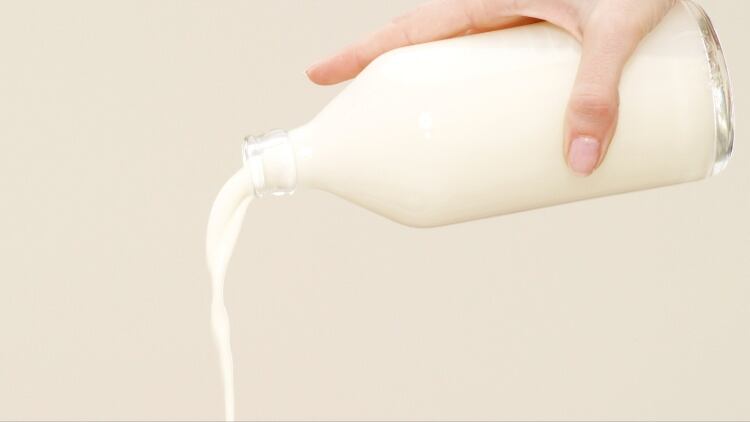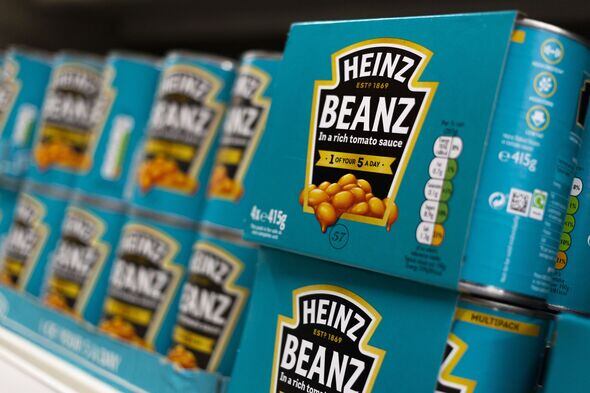Kenneth Hanna’s Farm Shop is recalling all batches of ‘Ken’s Raw Jersey Milk’ because of the possible E.coli contamination. The recall only applies to customers in Northern Ireland.
The recall applies to two litre packs of Ken’s Raw Jersey Milk with any batch code and all use-by dates.
A point-of-sale notice is being displayed in the farm store selling the product which urges customers not to consume it. Anyone that has purchased an impacted pack should return it for a full refund with or without a receipt.
The notice reads: “Urgent! All customers please observe this notice.
“As a precautionary measure we are recalling all batches and use-by dates of our raw cows milk due to a potential link to illness from E.coli.
“Please return or destroy any implicated milk or product made from this milk.”
According to the Food Standards Agency (FSA), symptoms caused by ingesting STEC organisms can include “severe diarrhoea (including bloody diarrhoea), abdominal pain, and sometimes haemolytic uremic syndrome (HUS), a serious condition that can lead to kidney failure and can be fatal”.
The FSA has advised anyone experiencing these symptoms to “stay away from work, school or nursery until you have stopped having symptoms for at least 48 hours to avoid passing it on to others”.
This is just the latest recall to be announced because of an E.coli contamination, with health foods retailer Grape Tree forced to recall an unsalted nuts product earlier this month.
Any pack of ‘Raw Unsalted Macadamia Nuts 250g’ with the batch code ‘G41 5 101 250610’ and a best before date of 11 July 2026 has been contaminated and is unsafe to eat.
According to data published by the UK Health Security Agency (UKHSA) this month, more than 2,000 cases of STEC were reported in England in 2022, an increase of nearly 80% when compared with 2021.




